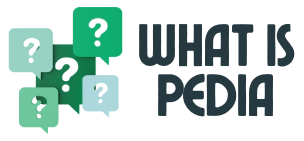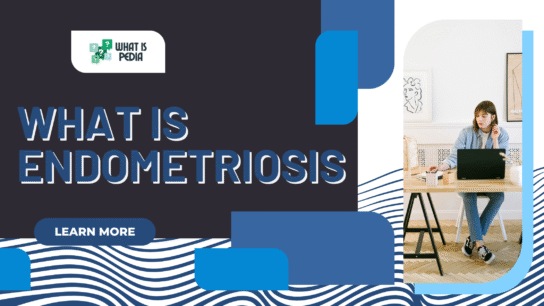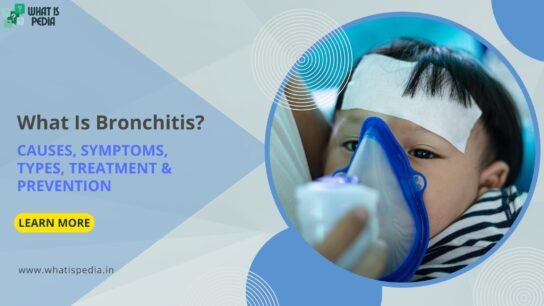What is COCSA? Understanding Childhood Sexual Abuse and Its Impact
When the term COCSA appears in articles, online discussions, or therapy sessions, it often raises questions. COCSA stands for Childhood Onset of Child Sexual Abuse. It refers to sexual abuse that begins during the early developmental stages of a child’s life. This term is used in clinical, psychological, and social work settings to categorize and understand the nature, timing, and effects of child sexual abuse (CSA) that occurs during a person’s formative years.
Understanding what COCSA is—and why it matters—is critical for parents, caregivers, educators, mental health professionals, and society as a whole. This blog explores the meaning, causes, symptoms, long-term effects, and pathways to healing from COCSA.
Defining COCSA: What Does It Mean?
COCSA (Childhood Onset of Child Sexual Abuse) refers to any form of sexual abuse that happens during childhood. It’s not a diagnosis, but rather a descriptive term that highlights the age at which the abuse occurred—typically during early childhood or preadolescence.
This distinction matters because abuse that begins early in life can significantly affect a child’s brain development, sense of safety, ability to form healthy relationships, and emotional well-being. Victims of COCSA may not understand what is happening to them, and due to their age, they are particularly vulnerable.
Forms of COCSA
COCSA can take many forms, including:
-
Touching or fondling a child inappropriately
-
Exposure to pornography or sexual acts
-
Forcing or coercing a child into performing sexual acts
-
Sexual exploitation through grooming or manipulation
-
Online abuse, including sextortion or cyber grooming
It’s important to remember that COCSA can be perpetrated by anyone—a family member, friend, neighbor, teacher, religious leader, or even another child. In fact, a significant percentage of childhood sexual abuse is committed by someone the child knows and trusts.
Why Is the Term “COCSA” Used?
While “child sexual abuse” (CSA) is a general term, COCSA specifically identifies when the abuse began—during childhood, as opposed to adolescence or adulthood. Mental health professionals use this term to better understand the developmental and psychological impact of early sexual trauma.
For example, a child abused at age five may experience trauma differently than a teen abused at age fifteen. By acknowledging childhood onset, therapists can develop more targeted therapeutic interventions and provide more accurate support.
Signs and Symptoms of COCSA
Because many children do not have the vocabulary or awareness to disclose what’s happening to them, COCSA often goes unreported. That’s why it’s essential to know the warning signs. They may vary by age, but common symptoms include:
Behavioral Signs
-
Sudden withdrawal or aggression
-
Sexual behavior or knowledge that is not age-appropriate
-
Bedwetting or regression in developmental milestones
-
Excessive fear of specific people or places
-
School problems or truancy
Emotional Signs
-
Anxiety, depression, or emotional numbness
-
Low self-esteem or shame
-
Nightmares or sleep disturbances
-
Fear of being left alone
Physical Signs
-
Bruising or injury in genital areas
-
Urinary tract infections (UTIs)
-
Complaints of pain during urination or bowel movements
Long-Term Effects of COCSA
COCSA can cast a long shadow into adolescence and adulthood if not properly addressed. Survivors often carry complex trauma that can manifest in various areas of life, including relationships, career, mental health, and physical health.
1. Mental Health Disorders
Survivors may experience:
-
Post-Traumatic Stress Disorder (PTSD)
-
Anxiety and depression
-
Dissociation or memory gaps
-
Borderline personality disorder
-
Substance abuse as a form of coping
2. Relationship Challenges
Due to early breaches of trust and boundaries, survivors may struggle with:
-
Forming close emotional bonds
-
Intimacy issues
-
Trust problems in romantic or family relationships
3. Physical Health Problems
Long-term COCSA effects are not only psychological. Studies show links to:
-
Chronic pain
-
Gastrointestinal problems
-
Headaches and fatigue
-
Autoimmune disorders
Addressing the Stigma: It’s Not the Victim’s Fault
Many survivors of COCSA carry shame and guilt, wrongly believing they were somehow to blame. This internalized stigma can silence victims for years—even decades.
Public awareness, education, and survivor advocacy are essential to counteract this narrative. One of the first steps in healing is understanding that abuse is never the child’s fault—the responsibility always lies with the perpetrator.
How Is COCSA Treated?
Treatment for survivors of COCSA often involves trauma-informed care provided by licensed mental health professionals. Key approaches include:
1. Talk Therapy
Cognitive Behavioral Therapy (CBT) and psychodynamic therapy help survivors process emotions and reframe destructive thoughts.
2. EMDR (Eye Movement Desensitization and Reprocessing)
EMDR is a powerful therapy used to reduce trauma symptoms by helping the brain “reprocess” disturbing memories.
3. Play Therapy (for Children)
Young children benefit from play therapy, which uses toys and activities to allow expression of feelings in a safe environment.
4. Group Therapy
Group therapy allows survivors to share their stories and find community and understanding in others who have faced similar abuse.
The Role of Family and Support Systems
When COCSA is disclosed, the family’s reaction is critical. Believing and supporting the survivor can make a huge difference in their healing journey. On the contrary, denial, blame, or silence can deepen the trauma.
Parents, caregivers, teachers, and trusted adults must be equipped to:
-
Listen without judgment
-
Report abuse to authorities or child protection agencies
-
Seek professional help immediately
-
Maintain consistent emotional support
Preventing COCSA: What Can Be Done?
While it’s impossible to control every situation, there are steps that can significantly reduce the risk of COCSA:
1. Education
Teach children body autonomy, appropriate vs. inappropriate touch, and how to say “no” and report anything uncomfortable.
2. Open Communication
Create an environment where children feel safe asking questions and sharing their experiences.
3. Vetting Adults
Ensure that caregivers, tutors, coaches, and others around your child are background-checked and trained in child safety.
4. Monitor Technology Use
With the rise of online abuse, keep a close eye on your child’s digital interactions and educate them about online predators.
Legal Considerations and Reporting COCSA
If you suspect or witness COCSA, it is your legal and moral responsibility to report it immediately. In most countries, laws mandate reporting by educators, healthcare workers, and other professionals.
Even in cases where the abuse happened years ago, adult survivors can and should come forward—not only for their healing but to protect others from potential harm.
Support for Survivors: You Are Not Alone
Healing from COCSA is a lifelong journey, but it is possible with the right resources, community, and professional support. Survivors often carry deep wounds, but with time and help, many go on to lead resilient, thriving lives.
Some organizations offering help include:
-
RAINN (Rape, Abuse & Incest National Network)
-
Childhelp National Child Abuse Hotline
-
National Sexual Violence Resource Center (NSVRC)
-
Local mental health centers and trauma specialists
Final Thoughts: Why Understanding COCSA Matters
COCSA is not just a clinical acronym—it represents real people, real pain, and real journeys of survival. Understanding what COCSA means, how to identify it, and how to support those affected is vital to creating a safer, more compassionate society.
Whether you’re a survivor, a parent, a professional, or someone wanting to learn more, acknowledging the realities of COCSA is the first step toward prevention, intervention, and healing. No child should ever have to experience abuse, and no survivor should ever have to suffer in silence.
If you or someone you know is experiencing or has experienced childhood sexual abuse, please reach out to a trusted professional or support organization. Help is available. Healing is possible.
To explore more about the meaning, uses, and design features of a casita, check out our detailed guide on what is a casita.







